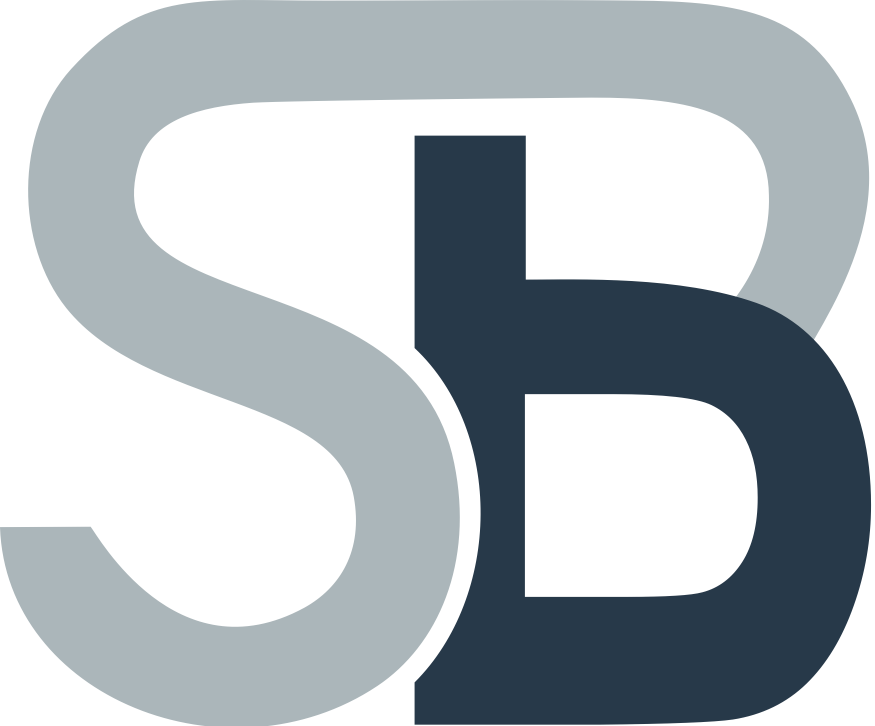Hydrogen, the fintech subsidiary of Access Holdings Plc, has continued its upward trajectory in Nigeria’s digital finance ecosystem, posting a profit before tax of N966 million for the first half of 2025 — a 306% increase compared to N238 million recorded in the same period of 2024.
According to the group’s half-year financial report, Hydrogen’s operating income surged to N4.1 billion, up from N3.1 billion a year earlier, underscoring the company’s expanding influence in digital payments and its growing customer base.
While operating expenses rose moderately to N3.2 billion from N2.9 billion, Access Holdings attributed this to strategic investments in innovation, infrastructure, and technology designed to strengthen Hydrogen’s capacity as a digital enabler.
The fintech’s performance reflects the broader momentum within bank-owned digital subsidiaries, which are steadily reshaping Nigeria’s fintech landscape.
ALSO READ GTCO Reports N299.9bn Q3 2025 Profit :https://stakebridgeirpr.com/media/2025/10/29/gtco-reports-n299-9bn-q3-profit-up-39-year-on-year/
Bank-Owned Fintechs on the Rise
Access Holdings described Hydrogen as one of the fastest-growing payment companies in the country, offering a range of solutions that cut across InstantPay, Payment Gateway, POS, Card, and Switch services.
“Hydrogen’s vision is to build Africa’s most powerful business services network,” the group said, adding that its products and services have been well received by both customers and the industry.
The rise of bank-owned fintechs such as Hydrogen (Access Holdings), HabariPay (GTCO), and Zest (Stanbic IBTC) stems from the Central Bank of Nigeria’s 2010 directive mandating banks to adopt a holding company structure. The move allowed banks to diversify into non-banking ventures, particularly digital payments, through independently licensed entities.
GTCO led the charge with HabariPay, launched in June 2022, which now powers the popular Squad payment platform targeting SMEs and retail merchants.
Access Holdings followed with Hydrogen in September 2022, initially positioning it as a backend infrastructure provider for embedded financial services to banks, fintechs, and telcos.
Stanbic IBTC joined later in October 2023 with Zest, focused on democratizing digital commerce and simplifying online sales for businesses.
This evolution has allowed traditional banks to compete with agile fintech rivals such as Opay, Palmpay, and Moniepoint, leveraging their infrastructure, scale, and trust to deepen digital inclusion across Nigeria.
Group Performance
Access Holdings Plc reported a pre-tax profit of N320.57 billion for the period ended June 30, 2025, representing an 8.12% decline from N348.92 billion in the corresponding period of 2024.
Similarly, post-tax profit fell by 23.25% year-on-year to N215.92 billion, compared to N281.33 billion in H1 2024.
Despite the dip in bottom-line performance, the group maintained strong top-line growth, with gross earnings rising 13.81% to N2.50 trillion. Its banking subsidiary remained the primary contributor, posting N303.0 billion pre-tax profit and N199.3 billion post-tax profit, supported by robust interest income.
The performance of Hydrogen, however, signals Access Holdings’ growing success in diversifying its revenue streams and positioning itself at the forefront of Nigeria’s fintech evolution.
Discover more from StakeBridge Media
Subscribe to get the latest posts sent to your email.

